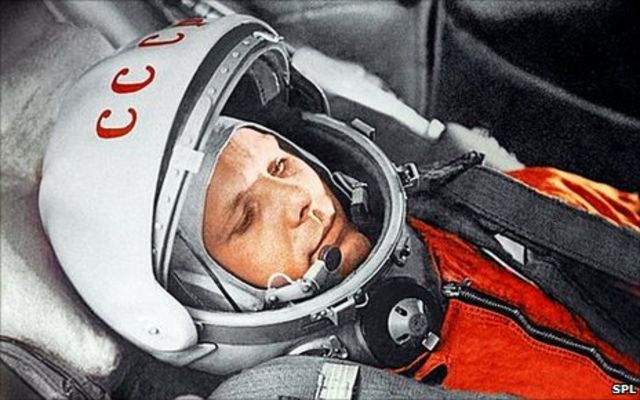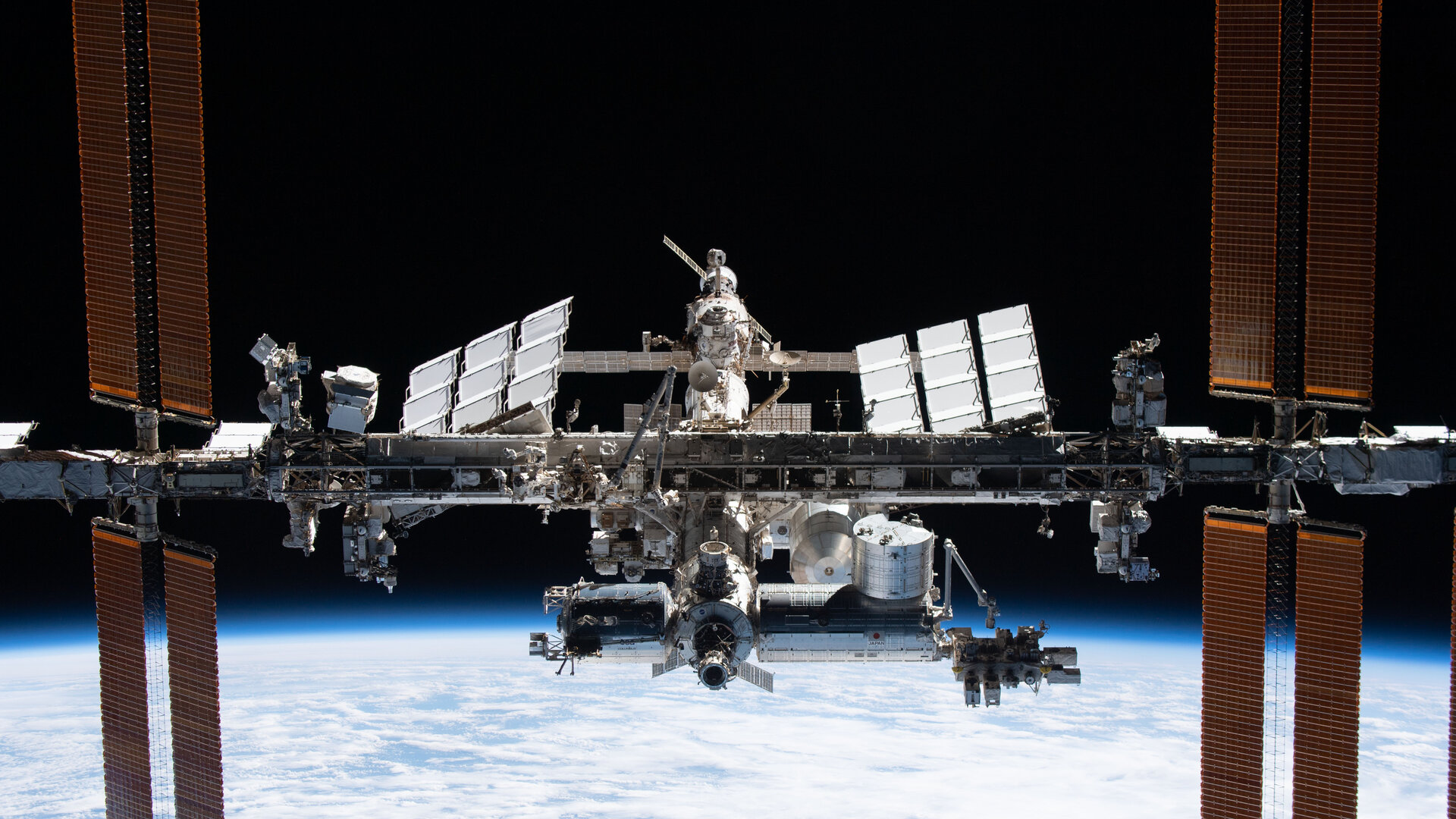Man's Exploration in Space
Human beings have been fascinated by space for centuries. We have gazed up at the stars and wondered what lies beyond our own planet. In the 20th century, our dreams of space exploration became a reality. We sent spacecraft to the Moon, Mars, and beyond. We learned about the solar system and the universe. We even began to think about the possibility of colonizing other worlds.
The Early Years of Space Exploration
The first major milestone in space exploration was the launch of Sputnik 1, the first artificial satellite, by the Soviet Union in 1957. This event sparked the Space Race, a period of intense competition between the United States and the Soviet Union to achieve firsts in space exploration.
In 1961, Yuri Gagarin became the first human to orbit the Earth. This was a major achievement, and it showed that humans were capable of traveling to space. In 1969, Neil Armstrong and Buzz Aldrin became the first humans to walk on the Moon. This was a historic moment, and it showed that humans could explore other worlds.
The Space Shuttle Era
The Space Shuttle era began in 1981 with the launch of Columbia. The Space Shuttle was a reusable spacecraft that was used to carry astronauts and cargo into space. The Space Shuttle was a major technological achievement, and it allowed for more frequent and cost-effective space travel.
The Space Shuttle was retired in 2011. However, space exploration continues. The International Space Station (ISS) is a large spacecraft that is permanently inhabited by astronauts from around the world. The ISS is a valuable research platform, and it has helped us to learn more about the effects of space travel on the human body.
The Future of Space Exploration
The future of space exploration is bright. We are developing new technologies that will allow us to travel to more distant places in space. We are also developing new ways to explore space, such as sending robotic probes to other planets.
In the future, we may even colonize other worlds. This is a daunting challenge, but it is one that we are well on our way to achieving. Space exploration is one of the most exciting and challenging endeavors that we can undertake. It is a journey of discovery that will help us to learn more about ourselves and our place in the universe.
Popular events of people going to space:
- The launch of Sputnik 1: On October 4, 1957, the Soviet Union launched Sputnik 1, the first artificial satellite. This event sparked the Space Race, a period of intense competition between the United States and the Soviet Union to achieve firsts in space exploration.
- Yuri Gagarin's orbit of the Earth: On April 12, 1961, Yuri Gagarin became the first human to orbit the Earth. This was a major achievement, and it showed that humans were capable of traveling to space.

- Neil Armstrong and Buzz Aldrin's walk on the Moon: On July 20, 1969, Neil Armstrong and Buzz Aldrin became the first humans to walk on the Moon. This was a historic moment, and it showed that humans could explore other worlds.

- The Space Shuttle era: The Space Shuttle era began in 1981 with the launch of Columbia. The Space Shuttle was a reusable spacecraft that was used to carry astronauts and cargo into space. The Space Shuttle was a major technological achievement, and it allowed for more frequent and cost-effective space travel.
- The International Space Station (ISS): The International Space Station (ISS) is a large spacecraft that is permanently inhabited by astronauts from around the world. The ISS is a valuable research platform, and it has helped us to learn more about the effects of space travel on the human body.

- Commercial space travel: In recent years, there has been a growing interest in commercial space travel. Companies like SpaceX and Virgin Galactic are developing spacecraft that will allow private citizens to travel to space.

These are just a few of the many popular events of people going to space. Space exploration is a fascinating and ever-evolving field, and there are sure to be many more exciting events in the years to come.
Conclusion
Humans have come a long way in our exploration of space. We have learned a great deal about the solar system and the universe. We have also developed new technologies that will allow us to travel to more distant places in space. The future of space exploration is bright, and we can only imagine what we will discover in the years to come.























































